How Seniors are Saving the World: Retirement Activism to the Rescue! Thelma Reese and BJ Kittredge (2020), Lantham, MD: Rowman & Littlefield Publishing Group, Inc.
In their introduction to this collection, authors Reese and Kittredge claim that the 24 advocates and activists they feature—who range in age from their early 60s to mid-90s—“change the meaning of ‘senior moment.’”
They most certainly do, transforming the uncomplimentary term for a doddery memory lapse into a powerful tool for change. These senior moments are full of wisdom, growth, passion and, above all, action.
The advocates in How Seniors are Saving the World address a wide range of issues—from ageism and mental health to the separation of immigrant families at the border—but they share a common goal: to use their lived experience to teach, create, activate and build a more equitable society. Their dedication to fostering positive social change rings through every page.
As a young person reading this book (I’m 25), How Seniors are Saving the World made me think more deeply about what my own “un-retirement” stage of life might look like.
Will I, like Beth Dolan, use the arts for activism? That’s what Dolan does. She created Stranger at Home, a documentary aimed at ending the stigma surrounding mental health in the military. The film outlines the transition from military service to “normal” life and the ongoing need for access to mental health services.
Or, like Gilbert Kliman, MD, will my senior activism come through my volunteerism? Kliman volunteers to provide free psychological evaluations to parents and children who have been forcibly separated at the border and he advocates for their reunion.
Here are a few more “retirement activists” whose stories inspired me:
Mignon S. Adams, a retired director of Library and Information Services residing in Philadelphia, helps create spaces for aging-in-the-city. When Adams moved from a small college town to Philadelphia, she experienced the challenges of adjusting to a new urban lifestyle. This drove her to become active in the Aging in Place Movement.
Bob Groves, a retired public health professional, demonstrates the need for increased health literacy for chronic problems that impact aging individuals, such as diabetes, poor nutrition and high blood pressure.
Lynne Iser draws upon her own experiences of aging and spirituality to help educate younger people on intergenerational healing and coming to terms with mortality. Iser played a vital role in creating the nondenominational Spiritual Eldering Institute, which focuses on reclaiming what it means to be an elder and how the aging population can use its voice to impact positive social change.
Ram Singal is a survivor of the 9/11 attack on the World Trade Center. While recovering from the grief of surviving the tragedy, Singal was reminded of a story that claimed, “happiness could be as contagious as the flu.” This led him to create 7 Billion Acts of Goodness, a program and online platform that is rooted in the belief that as achieve acts of goodness, a chain reaction occurs.
In addition to helping redefine notions of aging and retirement, editors Reese and Kittredge remind us how important it is to capture and celebrate the stories of all advocates and activists working to make the world a healthier, safer and more just place.
We never can have too much living proof that change can and does happen.


